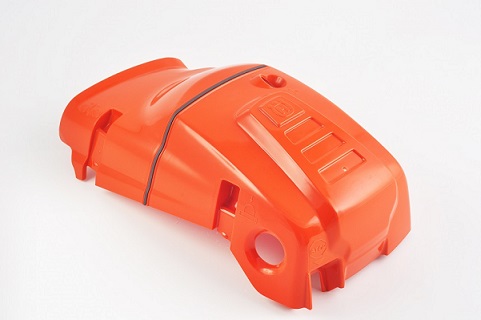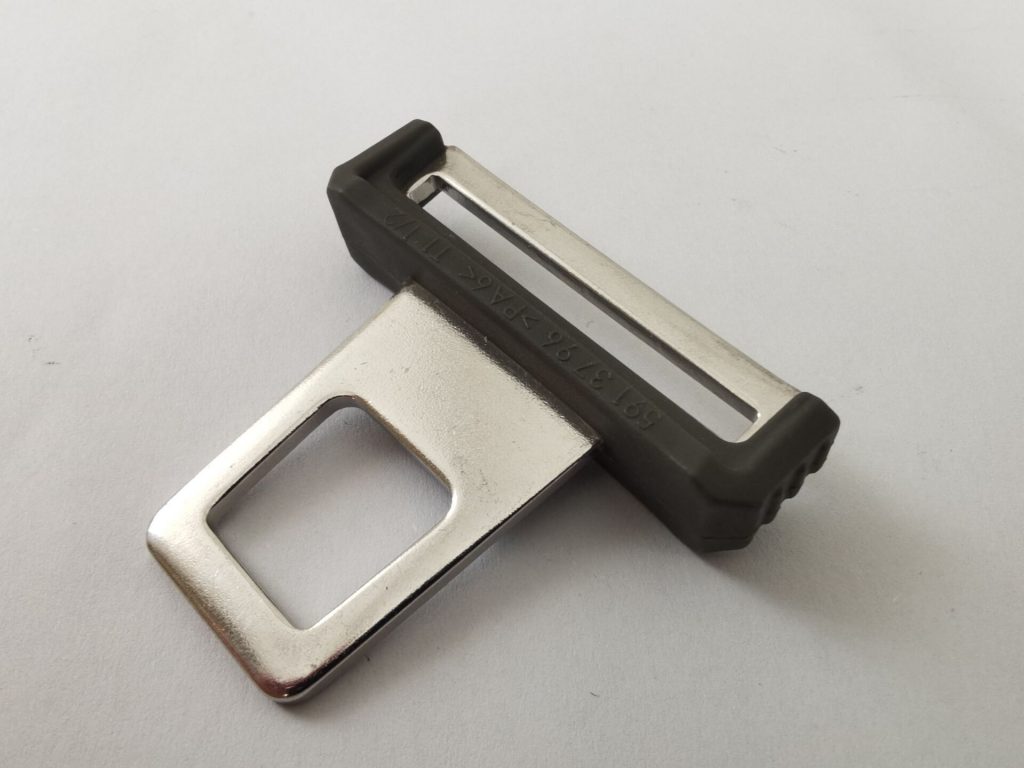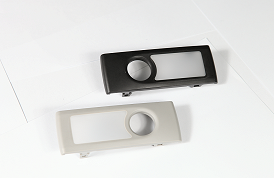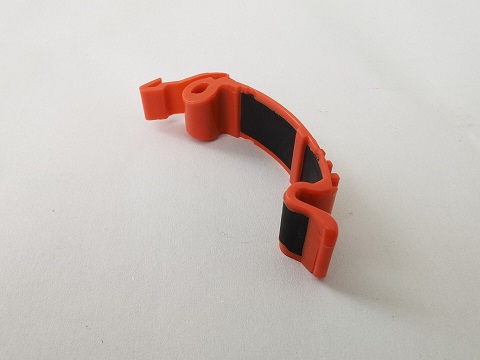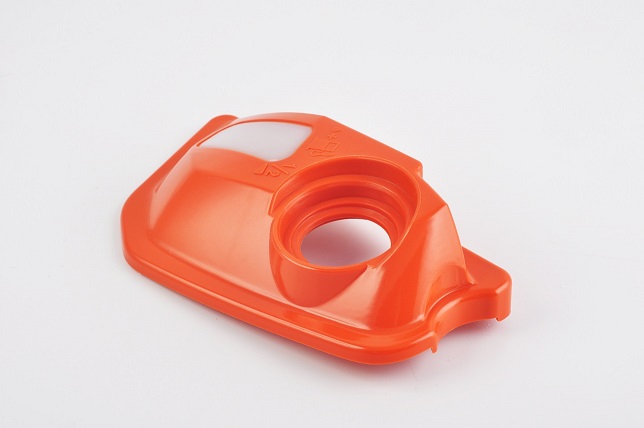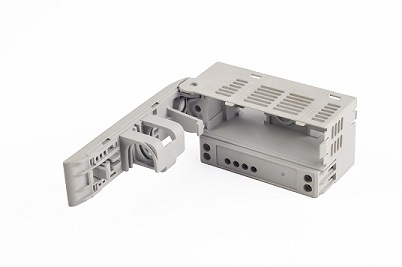Full Service Custom Injection Molding Supplier in China
Save Money With an Injection moulding Company That Helps You Design For Manufacturing.
- Trusted
- Experienced
- Professional
Custom injection Molding Manufacturer in China
Stebro Mold is a reliable custom plastic injection molding company in China. We provide cost effective moulding solutions throughtout the entire process as below:
- Product development and part design optimization
- Material Selection
- CNC Prototype
- Mold design and Moldflow
- Mold Manufacturing
- Tooling Transfer, Mold change, and Mold maintenance
- Mold Trial
- Pre-Production and PPAP
- Injection molding production
- Secondary surface finish
- Part Assembly
We are equipped with 8 sets of horizontal Engel injection moulding machines ranging from 60T to 250T, 2 sets of Engel vertical machines for specialized processes like insert moulding and over moulding, and one set of 2K Engel machines for two-shot molding. We have extensive expertise in using a wide range of engineering materials and high-performance plastics, including PA, PA+GF, PC/ABS, PBT, PEEK, PPSU, PPS, and PEI.
You are able to work with the same project manager “From Conception to Completion”, reducing lag time in communication between the mold maker and custom injection molder, it can significantly reduce downtime and cost when problems arise in production, saving your time and money. Our in-house toolmakers, designers, and engineers work closely to ensure product quality, precision tolerances, good surface, and optimized cycle times.
Our global mission is to be your trusted partner in custom plastic injection molding. We are dedicated to delivering value to your process and exceeding your expectations by producing high-quality, efficient results that drive your success.
Custom injection Molding Services
Why Stebro Mold
- Free Plastic Part Design Assistance
- Mold design optimize with Moldflow to improve the surface and reduce cost
- In-house Tooling Manufacturing
- Mold Life Guarantee, Free Mold Maintenance
- Affordable Price, No Hidden Charges
- Quality Control In Manufacturing, Consistent Quality
- Lead Times is Short
- 24-Hour Quote Responses With DFM Feedback
- Engel Injection Moulding Machines
Table of Contents
What is custom injection molding?
It is a way of making plastic products by melting plastic and pouring it into a mold to form a desired shape. The process is called “custom” because the mold and the product design are made specifically for a customer’s unique requirements.
Injection moulding processes step by step
- Product development
- Prototype to check the part
- Mold Design
- Tooling Manufacturing
- Material and Master Color Preparation
- Clamping the mold on the injection molding machine
- Injection of the molten resin into the mold
- Cooling the part in the mold
- Ejection of the part
- Inspection of the plastic part
- Packaging the part
Advantages
- Automation and high production rate
- Material and color flexibility
- Plastic material can be recycled, and minimal waste
- Part cost is low for high-volume production
- Consistent quality and high tolerance precision
- Flexibility design, part can be complex shapes
Disdvantages
- Initial tooling cost is high
- Not economical for 1 to 100 pc
Tolerance
The tolerance for injection molded parts includes dimensional tolerance, part weight tolerance, and surface finish tolerance. It mainly depends on the part design, plastic material, tooling design, mold making, and injection molding manufacturing process.
Plastic Resin
- ABS
- PP
- HDPE
- LDPE
- PVC
- PET
- GPPS
- HIPS
- PC
- PA6
- PA66
- PA12
- PA6+PA66
- POM
- PBT
- PMMA
- PPO
- PETG
- PCTG
- PEI
- PEEK
- PSU
- PPUS
- PES
- PA9T
- PPS
- PA6T
- POM
- PPA
- LCP
- PTFE
- PFA
- PVDF
- PC+ABS
- PC+PMMA
- ABS+PMMA
- ABS+PA
- PC+ASA
- PC+PBT
- TPE
- TPU
- TPV
- TPO
- TPR
- TPEE
SPI Surface Finish
Mold-Tech (MT) Texture
VDI 3400 Surface
YS (Yick Sang) Texture
Plastic Part Cost
Plastic part cost=raw material cost + injection molding manufacturing cost + package cost
The price of custom injection molding can change a lot based on factors such as part design, plastic material, part volume, mold cavity number, molding cycle time, molding machine size, and package.
Injection molding application industry
- Automotive Industry
- Building & Constrution Industry
- Lawn & Garden Industry
- Consumer Industry
- Medical & Health Industry
- Agriculture Industry
- Industrial Industry
- Food and Beverage
- Electronics & Electrical Parts
Injection moulding Machine
There are several types of injection moulding machines, each with its own unique features and capabilities. Here are some of the most common types:
- Horizontal Moulding Machine
- Vertical Injection Moulding Machine
- Two-Shot Injection Moulding Machine
- Micro Moulding Machine
